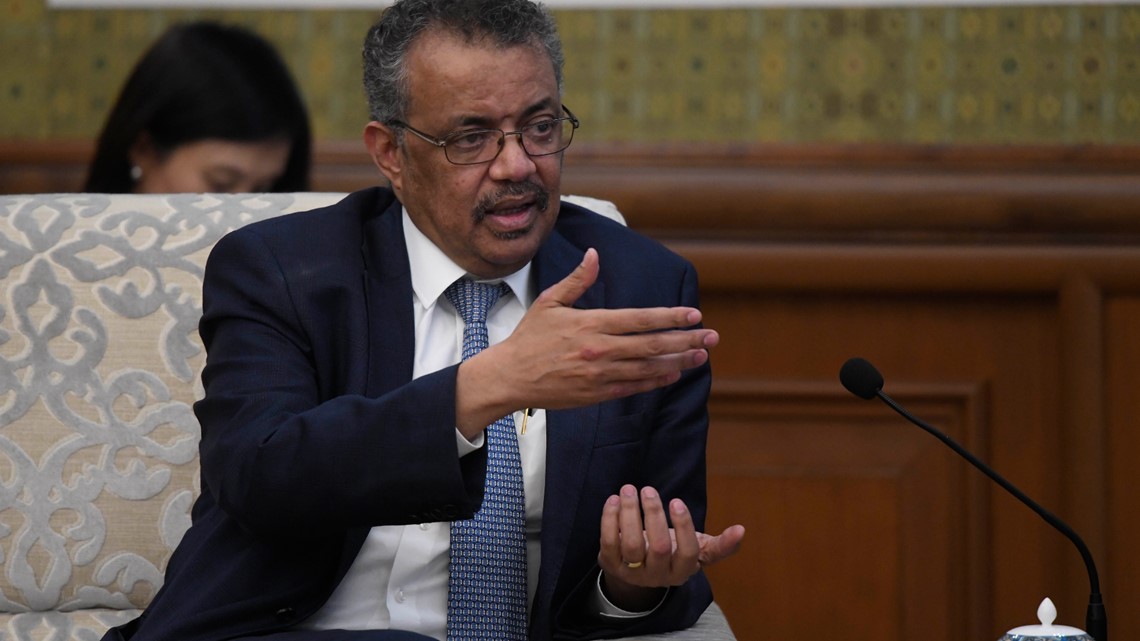The World Health Organization has declared the COVID-19 outbreak as a pandemic.
It’s the first disease the WHO has labeled a pandemic since the swine flu outbreak in 2009.
It’s also the first pandemic to be caused by a coronavirus. Neither SARS nor MERS were labeled pandemics by the WHO.
The label sounds eerie, but what is a pandemic?
WHAT WE FOUND
The pandemic declaration came in a March 11 media briefing by WHO Director-General Dr. Tedros Adhanom Ghebreyesus.
In that briefing he said, “Pandemic is not a word to use lightly or carelessly. It is a word that, if misused, can cause unreasonable fear, or unjustified acceptance that the fight is over, leading to unnecessary suffering and death.”
So how do you use the word correctly? The Centers for Disease Control and Prevention says a pandemic is an increase in the number of cases of a disease above what is normally expected across multiple countries.
That means a pandemic is a disease that is spreading across the world -- typically suddenly -- and affecting a large population. It has nothing to do with the severity of the disease or the number of deaths it causes.
Dr. Tedros said that the new label doesn’t actually change anything in terms of the virus’s threat or what the WHO is doing or what they believe countries should do.
Given that the WHO believes the word is dangerous if misused but doesn’t think countries should do anything different than they should have been doing all along, why did they decide to call it a pandemic now?
The WHO thinks this is the first pandemic that can be controlled. However, they believe that countries need to act -- and act in specific ways -- to do so.
Dr. Tedros gave two specific reasons for calling it a pandemic. The first was that the speed and scale of transmission fit the definition of a pandemic. The second was because of “the lack of political commitment in some countries to control it, despite our frequent warnings.”
That means COVID-19 is now a pandemic because he believes every country should take this seriously, regardless of the status of the outbreak in their country right now.


Should you do anything differently? According to the World Health Organization, continue to do the same things you’ve been told to do since the outbreak began.
First and foremost, wash your hands frequently and try to keep yourself from touching your face. Avoid public places if you don’t feel well and talk with a doctor if you develop a cough or fever.

